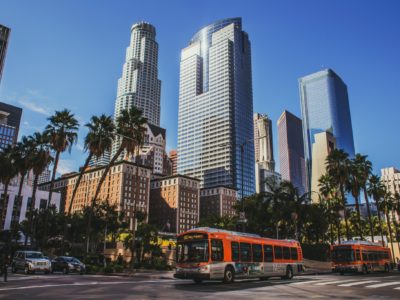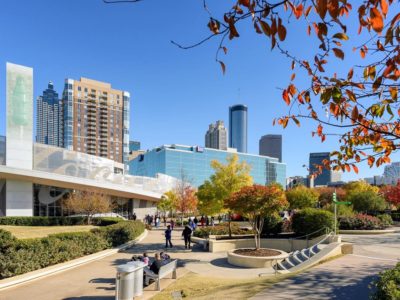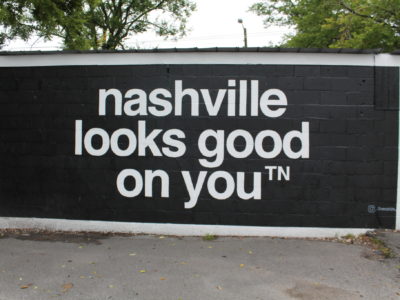“So, where are you from?” Of all the questions from the laundry list of college small-talk, this one trips me up the most. Every time I met a new person during my first year at UCLA and we finished running down our names and majors, this question came up, and it always made me pause. It’s deceptively straightforward.
Everyone should have an easy answer. But my whole life I never knew exactly where to call home.
Though born in Redlands, California, a town maybe an hour from UCLA’s campus, I don’t have a single memory of life in my “hometown” because at just 18 months old my family moved away. Following my dad’s job, we lived in St. Louis, Missouri for just under a decade. While I consider that where I grew up, my family moved again right when I was entering middle school—the perfect time to confuse any burgeoning adolescent about their regional identity.
We relocated to Houston, Texas where we stayed through my time in high school, and now I’m back in Southern California for college.
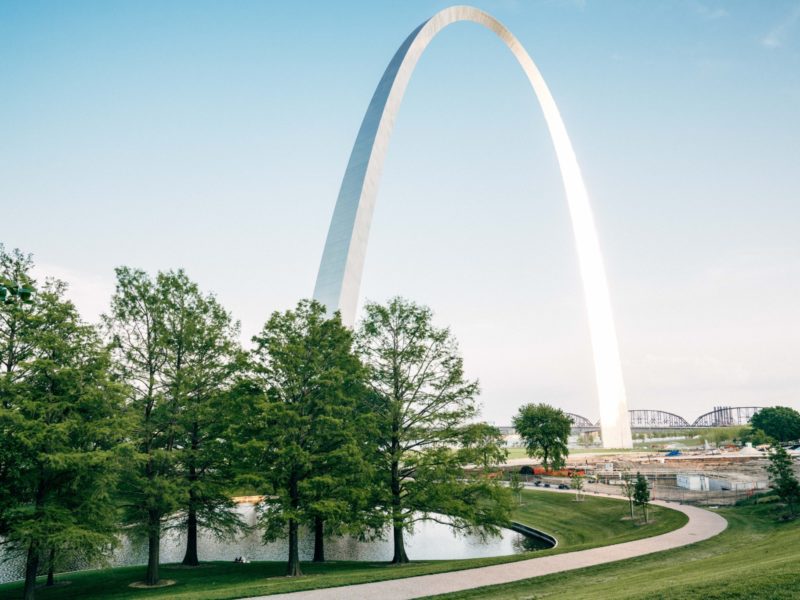
While this pales in comparison to the instability of military families or other students that changed schools every few years, because my time in St. Louis and Houston covered such substantial periods of childhood development, I never felt fully attached to the cultures of either place. With immigrant grandparents, an international Italian extended family, and parents from Chicago and rural Indiana, I always thought my family’s background set us slightly apart from my locally born-and-raised peers.
I never leaned into the Midwestern Americana during my time in St. Louis or the distinctly Texan strain of Southern pride in Houston. Instead, over time I developed a strong individualist identity devoid of regional allegiance (an easier task when you don’t watch a lot of sports). I completely disavowed the religious aspects of my Catholic schooling and often defined myself by things not typically associated with the culture of the city I lived in.
You may think, “But everyone does some of that. Almost no one (outside of Boston) bases their entire personality on where they’re from. So what’s the problem?”
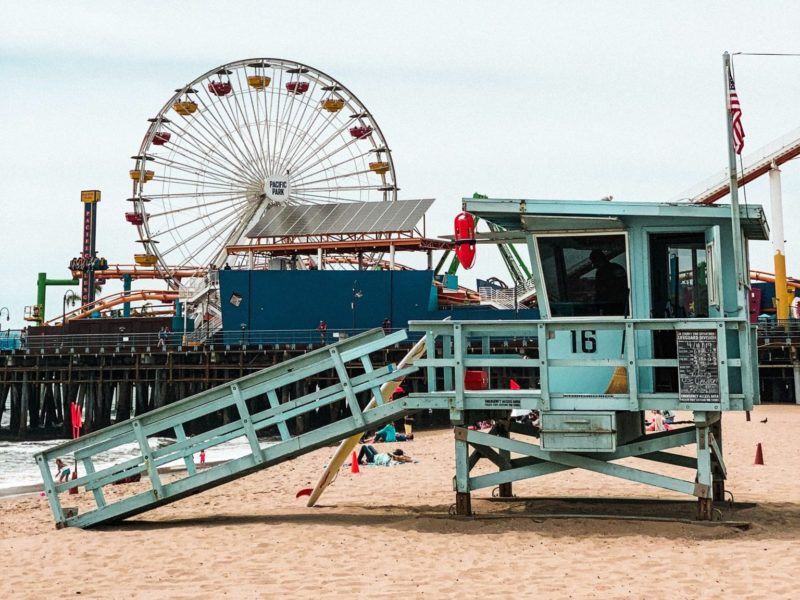
Surprisingly, an answer started to form over this period of quarantine and isolation. During these last few months, I opted to stay in Los Angeles instead of moving back to Houston with my parents. So I left UCLA’s dorms and found a nearby studio apartment to set up life through the summer. Though I’ve spent plenty of time strengthening relationships with people still in the area, the majority of my coalescing friend group went back to their homes around the world. This left me with the most alone time in years—certainly the most since starting college. I decided to take advantage of this strange opportunity as a chance for intense self-reflection.
Both consciously and otherwise, these quarantined months solidified my worldview better than any regional upbringing. Through reading, writing and the daily simplicity of maintaining an independent life, I finally found comfort in my distinct lack of a true hometown. Even at a national scale, this newfound confidence set against the uprisings over the horrific systematic oppression of Black people in the United States eroded any of my remaining patriotism or distinctly “American” identity. I’ve shed the last vestiges of regional connections.
But without them, I can see the core of local pride: love of one’s place.
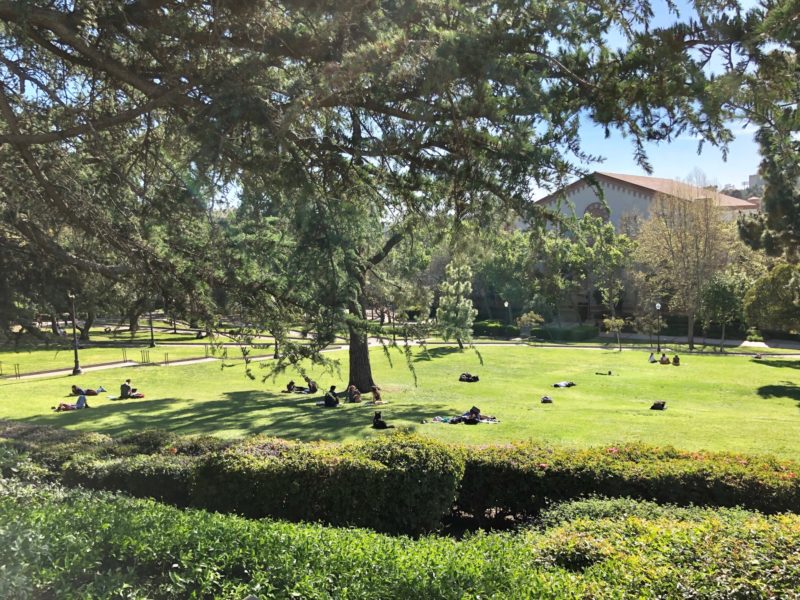
Even with my rejection of regional allegiance, I realize the power of that sentiment. It taught me to appreciate the charm of the places I’ve lived in—from the kitschy simplicity of the ideal Midwest to the “yeehaw” history of Texas. But more importantly, I can now recognize the best parts of wherever I find myself. The luxuries of traveling the world and living across this country provided me with a bank of experiences that allow me to take full advantage of living in a city like Los Angeles, a place of global importance. For me, this active appreciation quite literally opened up a world of possibility. Without any serious roots, I can live and learn to love anywhere on earth.
I’m an optimist at heart, so I always try to find the best parts of any situation—be it the culture of a particular city or the advantages of living without a hometown. So when things inevitably return to some kind of normal, I hopefully won’t mind contriving an answer to that nagging question: “Where are you from?”
Or I guess I could just buy some cowboy boots.

